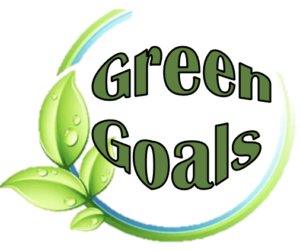 2020-2021
2020-2021
Some links on this page are to outside sources. Please note that MASC has no ownership or control of outside resources.
June 2021
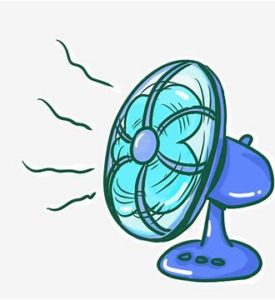 As we welcome summer with open arms, our challenge is how to beat the heat and stay environmentally friendly. Air conditioning units require the use of hydrofluorocarbons(HFC), a group of compounds that tear holes in the ozone layer. By using shades, setting units to higher temperatures, utilizing fans, and keeping an eye out for HFC alternatives we can transition to more environmentally friendly air conditioning practices. Check out the Climate Institute´s website to learn more about HFCs. If you know of any unused refrigerants (gases like Freon), contact Tradewater to see how to dispose of them safely!
As we welcome summer with open arms, our challenge is how to beat the heat and stay environmentally friendly. Air conditioning units require the use of hydrofluorocarbons(HFC), a group of compounds that tear holes in the ozone layer. By using shades, setting units to higher temperatures, utilizing fans, and keeping an eye out for HFC alternatives we can transition to more environmentally friendly air conditioning practices. Check out the Climate Institute´s website to learn more about HFCs. If you know of any unused refrigerants (gases like Freon), contact Tradewater to see how to dispose of them safely!
May 2021
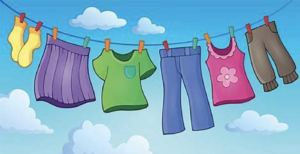 Let’s talk about drying clothes for a second. An average family of four uses over a ton of carbon a year to dry their clothes. One way to reduce your carbon footprint is by drying your clothes on the line. There are also plenty of indoor clothing lines available. If a drier is necessary, think about programming it to stop when the clothes are dry. For more information about drying machines go to https://www.greenamerica.org/green-living/ditch-your-dryer. Enjoy the sunshine!!
Let’s talk about drying clothes for a second. An average family of four uses over a ton of carbon a year to dry their clothes. One way to reduce your carbon footprint is by drying your clothes on the line. There are also plenty of indoor clothing lines available. If a drier is necessary, think about programming it to stop when the clothes are dry. For more information about drying machines go to https://www.greenamerica.org/green-living/ditch-your-dryer. Enjoy the sunshine!!
March 2021
March is the month for Meatless Mondays! Meat production contributes about 14.5% of global greenhouse gas emissions. Some of the ways meat is bad for the environment are through deforestation, fertilizer production, methane released from the animals and manure, and transportation including refrigeration. A single quarter-pound burger requires 425 gallons of water, which is the water needed to sustain 1,700 thirsty people. Additionally, 75% of agricultural land is used for meat production. Head to Monday Campaigns to learn more about meat production!
February 2021
As the new presidential administration begins, it is important that we, as student leaders, understand the Biden Administration’s stance on the environment and read about their policy and plans for the next four years. Head to https://joebiden.com/climate-plan/ to see what his campaign promises about climate change.
January Challenge: Buy Used / Donate
As the holiday season draws to a close, it’s an important time to reflect on our national waste culture. The US creates the most amount of trash per capita and exported 436 million kg of trash to other countries in 2019. We must focus on reducing and reusing our plastic. This month’s challenge is two-fold: choose to buy second-hand and sustainably sourced goods and donate what you don’t need. Local women’s shelters and second-hand stores are great places to bring your used toys.
Use the hashtag #mascgreenchallenge and tag @md.stuco to celebrate your work!
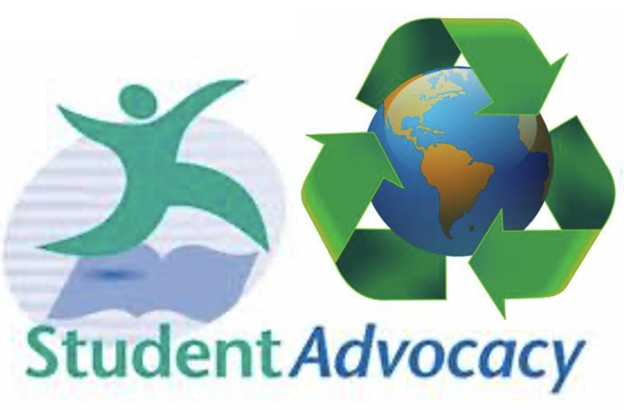 December Environmental Advocacy
December Environmental Advocacy
Many of your local divisional and county-level officials may have changed or been re-elected in the first few weeks of November. This month, MASC challenges you to both learn about these elected officials, as well as speak to them about environmental issues within your jurisdiction. These topics can be things the previous administration was working on or ideas you have to improve the overall status of the environment! To see who your appointed officials are by county, you can visit https://elections.maryland.gov/elections/2020/results/General/index.html, and click on your county!
Be sure to continue to chart your progress using #MASCgoesgreen!
What is November’s Green Challenge?
Turn your thermostat down to 68°F.
As the weather starts to change it is important to change your thermostat. Each degree change could save your household three percent on energy costs. Also, consider turning that heating system down when everyone leaves the house for extended periods of time (i.e. for in-person school or work).
There are also passive ways to decrease energy usage. For example, extra insulation can reduce the amount of energy needed to heat the house.
Use the hashtag #mascgreenchallenge and tag @md.stuco to celebrate your work!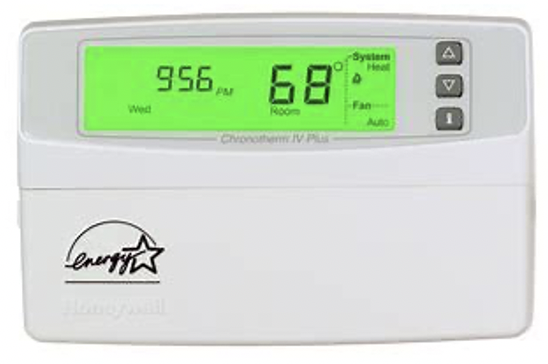
October Green Goals Challenge
The Chesapeake Bay and its tributaries (rivers, streams, and canals), is one of the things that put the Maryland region “on the map”! Whether you are right near the water or not, it is very likely that there is a stream, river, or canal in your county that connects to the Chesapeake. Known for its accessibility to boaters, good weather, and competitive sailboat racing, the Chesapeake has become considered one of the nation’s finest waterways. In addition to the personal luxuries of the Bay, it also is one of the largest supporters of the Maryland economy.
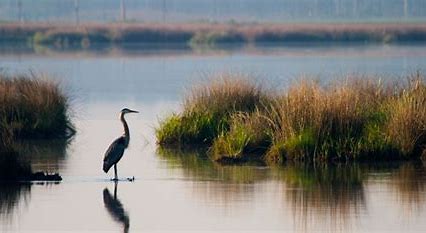
Although the “health” of the Bay has become much better in recent years, there is still a long way to go! This month your #mascgreengoal is to research current initiatives in Maryland that are in place to help the Bay, as well as how you can mold these initiatives to specifically help your county!
Make sure to keep track of your work by tagging @md.stuco and using the hashtag #mascgreenchallenge.

September Green Goals Challenge
MASC wants you to focus on Environmental Justice this month. Before getting into the challenge, let’s answer the question: What is Environmental Justice? Across our country and the globe environmental burdens disproportionately affect poor and minority communities while environmental benefits are disproportionately enjoyed by more privileged communities. What does this look like? Green Spaces, bike trails, safe drinking water, and parks are examples of environmental benefits. Toxic waste, landfills, incinerators, sewage backups, airports, highways, and poor drinking water are examples of environmental burdens. Poor and minority communities often have limited access to alternative housing and jobs, as well as less political and economic power to change their situation. Increased cases of asthma and obesity can be linked to restricted access to parks and fresh fruit and vegetables, as well as the surplus of pollutants like ozone and particle pollution that plague vulnerable communities. Flint, Michigan is an unfortunate example of the lack of environmental justice, but there are sadly many examples of environmental racism in Maryland. The sewage backups in Baltimore are one example of an environmental justice concern.
We challenge you to research the environmental justice concerns around Maryland and write a letter to one of your representatives to deal with these issues!! Additionally, ask yourself, who is affected by your trash and carbon footprint?
Make sure to keep track of your work by tagging @md.stuco and using the hashtag #mascgreenchallenge.
August Green Goals Challenge
What is the green challenge of the month?
The Green Challenge of the Month is a new initiative led by the MASC Environmental Affairs Coordinators, Henry and Ember. Each month, a new “challenge” will be published in the bulletin for students to work toward! Record your progress by tagging @md.stuco and using hashtag #mascgreenchallenge
August Green Challenge of the Month: Research no-idling zones in preparation for the 2020-21 school year!
 Maryland Association
Maryland Association






